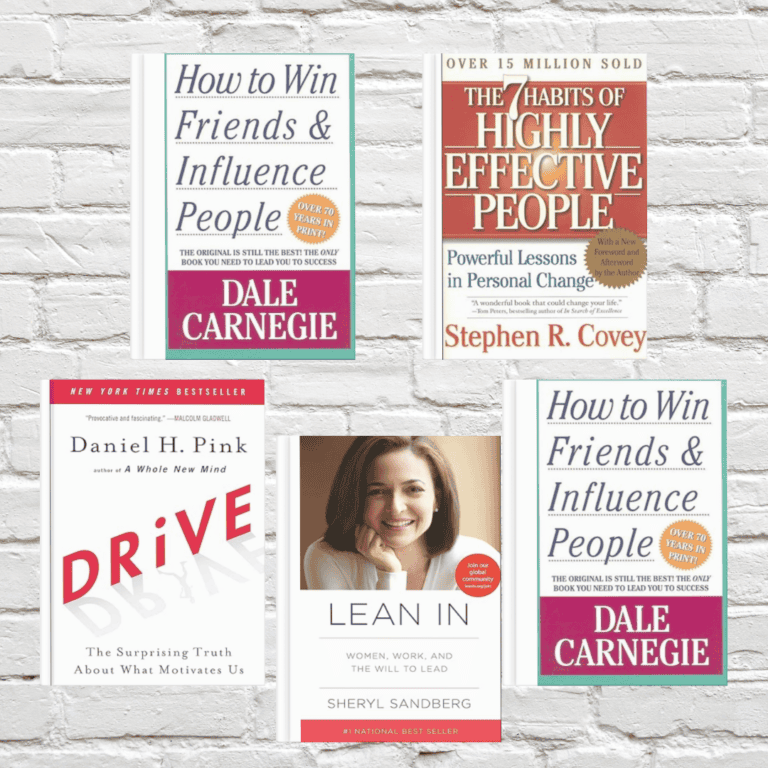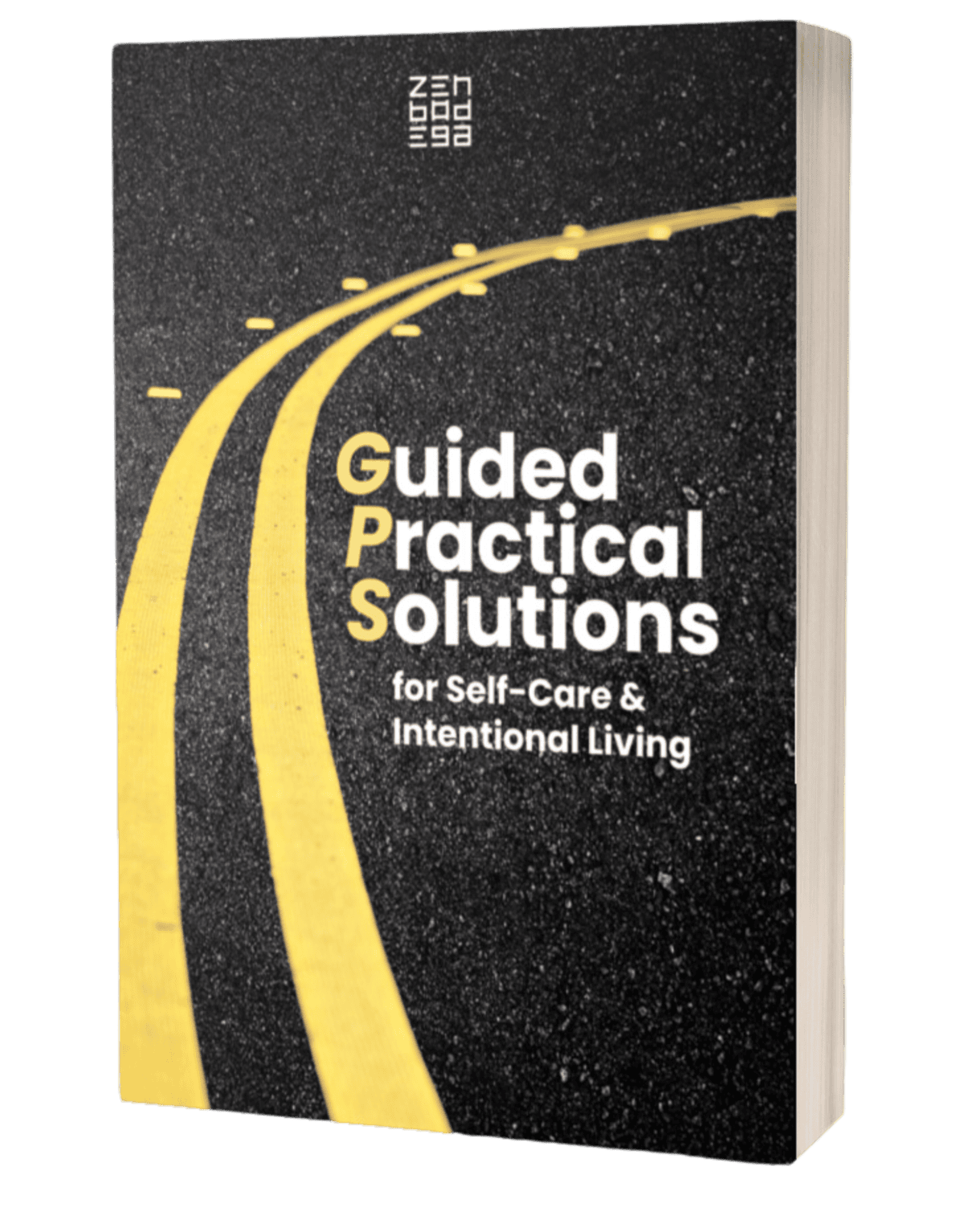How To Live An Intentional Life: 13 Tips To Try

Imagine waking up each day knowing that every choice you make is steering your life in a direction you truly want to go. That’s the essence of intentional living. It’s about making choices that truly reflect what’s important to you.
In today’s fast-paced world, where it’s easy to get lost in the daily grind, living intentionally is a game-changer. It means pausing to think about your choices and ensuring they align with your goals and core values.
This approach not only makes your own life more fulfilling but also positively impacts those around you. Let’s dive into how an intentional life can transform your everyday experience.
Understanding Intentional Living

Intentional living is all about making choices that really reflect who you are and what you want out of life. It’s the opposite of having a simple life and just going with the flow without thinking.
For example, instead of just taking any job, you choose one that fits what you’re passionate about. Or, instead of spending your free time just because you’re bored, you pick hobbies that really make you happy.
It’s like every choice you make is a step towards the life you really want to live. The key to this is knowing yourself well. It’s about being honest about what makes you happy, what you’re good at, and what your dreams are.
When you’re clear about these things, making purposeful decisions becomes easier and your life starts to feel more like your own, not something that just happens to you.
The Benefits of Intentional Living
Aiming for an intentional life brings a host of benefits that can deeply enrich your life. Here’s what you might experience:
Improved Mental Health and Emotional Well-Being
You’ll likely find yourself with less stress, as you’re not caught up in things that don’t matter to you. This clarity brings more happiness and a greater sense of peace, knowing you’re living a great life true to your core values.
Enhanced Focus and Clarity
With a clear understanding of your values and core beliefs, setting and achieving meaningful objectives becomes more straightforward. This focus helps you stay on track, helps you create healthy habits, and makes every day more purposeful and less cluttered with distractions.
Better Decision-Making
When your choices are aligned with your personal values and goals, you make decisions with greater confidence. This consistency in your actions leads to a more authentic and satisfying daily life, filled with long-term fulfillment rather than just short-term gains.
Laying the Foundation for Intentional Living
To start living intentionally, first, figure out what’s important to you.
What do you believe in? What values are non-negotiable for you?
This is your personal compass. Then, set goals that match these values. These goals should guide you toward the life you want, not just what others expect.
Also, be aware of how your surroundings – like your culture and where you live – affect your choices. This awareness helps you make decisions that are really about you, not just influenced by what’s around you. This is how you build a strong base for a life that’s lived intentionally.
13 Tips To Live Intentionally
Intentional choices can transform how we approach various aspects of our lives, from our mindset and daily routines to our relationships and careers. By adopting specific habits and strategies, we can align our actions more closely with our personal values and goals.
1. Establish a Daily Rhythm
Begin and end your day with purposeful routines. Whether it’s a morning meditation or an evening journaling session, these rituals provide structure and focus, paving the way for a fulfilling day.
2. Mindful Spending
Treat your finances with respect. Avoid impulsive purchases. Invest in items that add value and joy to your life, not just temporary satisfaction.
3. Declutter Your Space
A clutter-free home is a peaceful haven. Regularly assess your possessions and keep only those that serve a purpose or spark joy.
4. Set Goals and Priorities
Reflect on your aspirations. Setting clear goals and priorities gives direction to your efforts and helps you stay focused on what truly matters.
5. Nurture Relationships
Strengthen bonds with those who matter. Invest time in meaningful connections and cultivate relationships that are mutually enriching.
6. Cultivate a Positive Mindset
Your thoughts shape your reality. Adopt a mindset of gratitude, acceptance, and resilience to navigate life’s challenges with grace.
7. Foster Healthy Habits
Small daily actions contribute to long-term well-being. Embrace habits that nourish your body and mind, like regular exercise and balanced nutrition.
8. Prioritize Mental Health
Be attentive to your emotional well-being. Seek support when needed and practice self-compassion to maintain a healthy state of mind.
9. Embrace Self-Care
Make time for yourself. Engaging in self-care and reflection recharges your batteries and equips you to handle life’s demands with renewed energy.
10. Get Organized
Planning and organization can significantly reduce stress. A well-organized life allows for clarity and efficiency, leaving more room for what you love.
11. Consume Social Media Consciously
Use social media mindfully. Recognize when it adds value and when it’s time to disconnect and focus on the real world.
12. Practice Gratitude
Acknowledge and appreciate the good in your life. Gratitude fosters contentment and a positive outlook.
13. Avoid Comparison
Focus on your unique journey. Embrace your individuality and strive to make your life meaningful on your own terms.
Overcoming Challenges in Intentional Living
Living intentionally sounds great, but it’s not always easy. Here are some common hurdles and tips on how to get past them:
Others Not Getting It
Sometimes, friends or family might not understand why you’re making certain changes. Stick to your plan, but also be ready to explain your choices in simple terms. It’s your life, and you’re in charge of it.
Balancing Dreams and Reality
It’s good to aim high, but also be practical. If something seems too hard right now, tweak it a bit. It’s not about giving up; it’s about making your goals work for you in real life.
Breaking Old Habits
Changing old habits can be tough. If you’re used to doing things a certain way, doing them differently will feel strange at first. Start with small changes and give yourself a pat on the back for each step you take.
Finding Time
When life gets busy, it’s hard to find time for the new things you want to do. Try to figure out what’s less important and cut back on that. This can free up time for the things that really matter to you.
Staying on Track
There will be days when you just don’t feel like sticking to your plan. It helps to keep a note or a picture that reminds you why you started this in the first place. Talking to a friend who supports your goals can also give you a boost.
Dealing with Changes
Life can throw surprises at you, messing up your plans. When this happens, take a step back and think about how you can adjust your goals to fit the new situation. Being flexible is key.
Self-Doubt
It’s normal to sometimes question if you’re doing the right thing, especially when things get tough. When you feel this way, take a moment to remember the successes you’ve had so far. This can help you stay confident in your choices.
The Bottomline
In essence, intentional living is about making every day count and aligning our actions with our deepest values and aspirations. It’s a journey that enriches every facet of our lives, from our personal mindset to our relationships and career choices. While challenges may arise, they are stepping stones toward a more purposeful existence. We invite you to continue exploring this journey with us. Dive into our other articles to discover more insights and strategies for a fulfilling, intentional life.
FAQs
Intentional living is the practice of making choices that align with your personal values, goals, and aspirations. It’s about living a life that reflects who you truly are, rather than just going through the motions.
Begin by identifying your core values and what truly matters to you. Set goals that align with these values and start making small, conscious choices each day that reflect them.
Yes, intentional living can significantly reduce stress. By focusing on what’s important and eliminating distractions, you create a more peaceful and purposeful life, which naturally leads to less stress.
It doesn’t have to be. Intentional living is more about the quality of your choices than the quantity of time you spend. Small, daily actions and decisions can have a big impact.
Intentional living encourages you to invest in relationships that are meaningful and align with your values. It promotes open communication, empathy, and deep connections with others.
Absolutely! You can apply intentional living in your career by seeking work that aligns with your values, setting meaningful professional goals, and making mindful decisions that contribute to your growth and satisfaction.







